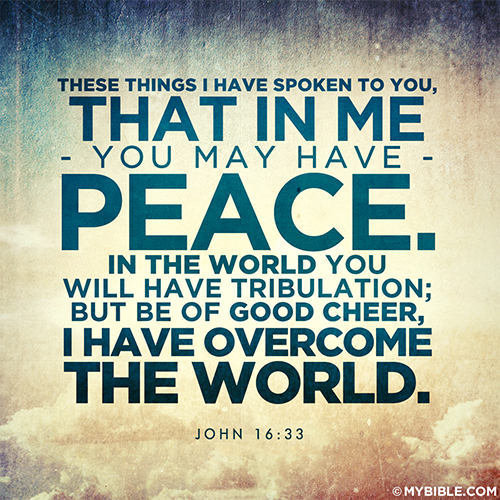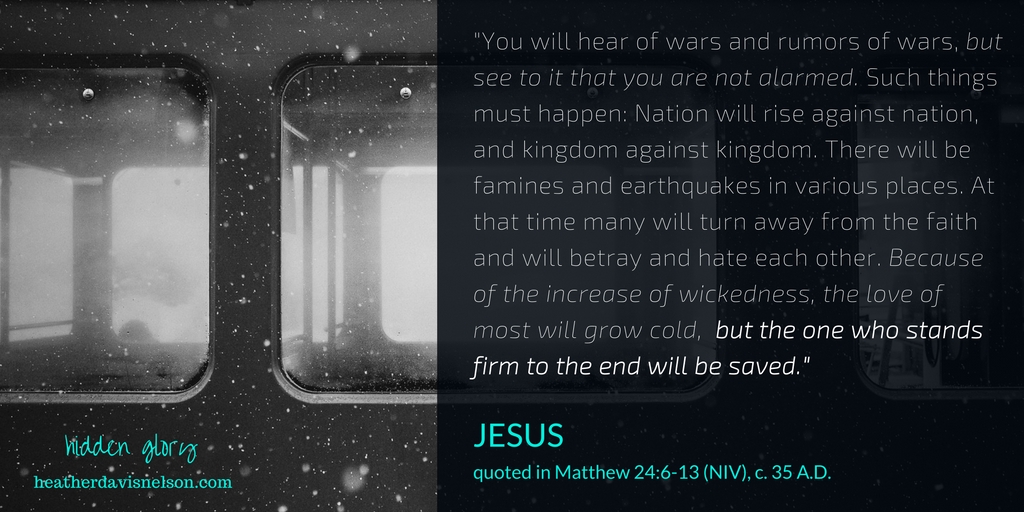Regular fasting is a good discipline, but flawless obedience to our commitments isn’t where we find our value. God doesn’t love us because of how successful we are at fasting during Lent. God loves us because we’re his children.
Tsh Oxenreider, Bitter & Sweet: A Journey into Easter
I never personally observed Lent until college, when I first met Christians from different denominational backgrounds where Lent was part of the rhythm of their Christian life. I was intrigued, and also compelled to try this for myself. So I distinctly remember the year as a student at Wheaton College when I gave up desserts for Lent. As a “sugaraholic,” this was difficult to say the least, and I had terrible headaches the first several days. Yet I also longed for and prepared for Easter in a way I hadn’t before.
Since college, my practice of Lent has been consistently sporadic – often depending on the season of life I was in and where we were worshiping, whether or not the congregation was being led to observe Lent as well. The years I observed Lent most consistently were when my husband was an associate pastor and often wrote the Lenten devotional for the congregation (I definitely felt some extra pressure to follow along!). During those years I blogged about my greater-or-lesser “success” with Lent. I think the post that best describes these reflections is this one: “When you break Lent (and it breaks you).”
Because here’s the thing: I never observed Lent perfectly, and I often made Lent more about my efforts to “keep it” than about preparing my heart during this season of repentance and anticipation of Resurrection Hope we celebrate on Easter. YET God was so faithful to use my failure to keep Lent as part of me learning more deeply the whole point of Lent and Easter: I need Jesus. My best efforts (at Lenten observance or righteous living) fall far short – and in fact, often blind me from my need for Christ’s righteousness on my behalf. Enter the beautiful, convicting words of Galatians 2:19-21 (NIV):
19 “For through the law I died to the law so that I might live for God. 20 I have been crucified with Christ and I no longer live, but Christ lives in me. The life I now live in the body, I live by faith in the Son of God, who loved me and gave himself for me. 21 I do not set aside the grace of God, for if righteousness could be gained through the law, Christ died for nothing!”
So my encouragement to you, my fellow Lent-observer-aware-of-your-failures-anew: take Tsh Oxenreider’s words to heart. You are loved, not because of how well you are or aren’t observing Lent (or even whether you choose to observe Lent), but because you are HIS Beloved as a child of God. Jesus loved you and gave himself for you. Let us feast upon this beautiful truth even as we walk into the most solemn and Holy Week of the church’s calendar … and remember not only is Easter coming next Sunday, but He is already Risen!










